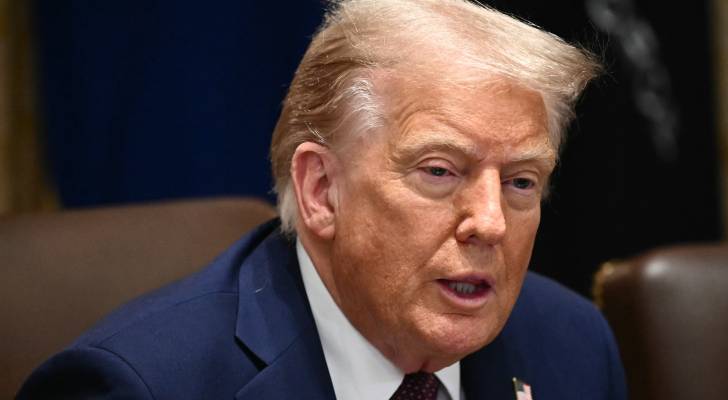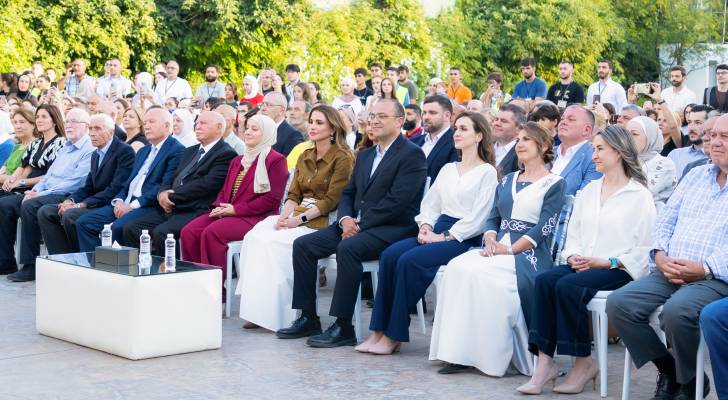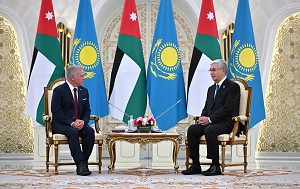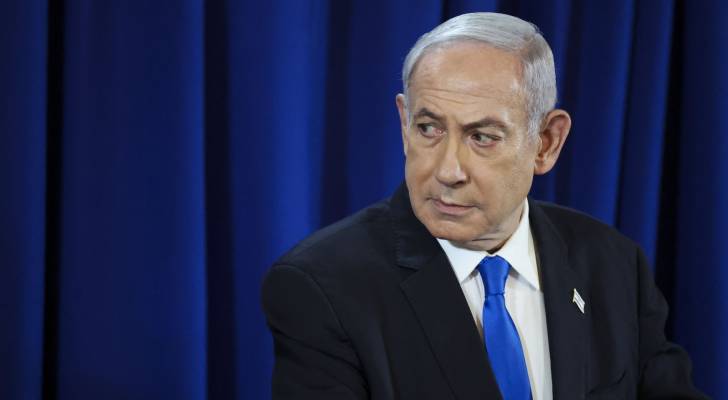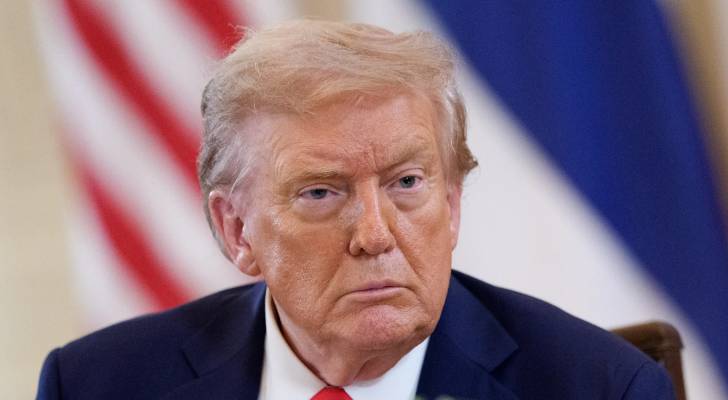Lebanon govt begins session on state monopoly on weapons
AFP
BEIRUT, Lebanon — Lebanon's cabinet on Tuesday began a session to discuss restricting the possession of weapons to the state, official media reported, as Washington pressures Beirut to set a timetable on the thorny issue of disarming Hizbollah.
The Iran-backed group emerged badly weakened from more than a year of hostilities with Israel, including two months of all-out war that saw its arsenal pummelled and a slew of senior commanders killed, among them leader Hassan Nasrallah.
Long the strongest political force in Lebanon -- with detractors accusing it of using the threat of its weaponry to impose its will on domestic decisions -- Hizbollah has also seen that influence diminished since the conflict.
Prime Minister Nawaf Salam called Tuesday's cabinet session, which the official National News Agency said began at 3:00 pm (1200 GMT) headed by President Joseph Aoun.
Agenda items include discussions "on extending the state's sovereignty across all its territory exclusively through its own forces", and talks on the November ceasefire that ended the recent war with Israel.
Israel has kept up regular raids on Lebanon since the truce, mostly saying it is striking Hezbollah targets, and has threatened to keep doing so until the group has been disarmed.
Hizbollah is the only faction that kept its weapons after Lebanon's 1975-1990 civil war, doing so in the name of "resistance" against Israel, which occupied the country's south until 2000.
A Lebanese official with knowledge of the talks told AFP that "Washington is pressuring Lebanon to make Hezbollah hand over its weapons according to a timetable, but without [the US] providing any guarantees".
Hezbollah "will not hand over its weapons without something in return -- the Americans know this well", the official added, speaking on condition of anonymity.
Last month, US envoy Tom Barrack urged Lebanon to "act now" to impose a state monopoly on bearing arms.
Aoun last week said Lebanon was committed to removing "weapons from all armed groups including Hizbollah" and seeing them surrendered to Lebanon's army.
Lebanon is at "a crucial stage" and must choose "between collapse and stability", Aoun had said, linking international support for the crisis-hit country to disarming the group.
Hizbollah's Al-Manar television channel said Tuesday that "the US demand is Lebanon's full surrender to the Israeli enemy without any guarantees" on compelling Israel to abide by the ceasefire.
Before discussing the fate of its weapons, which it considers a matter of domestic defence strategy, Hizbollah has demanded that reconstruction of areas destroyed during the war begin, and that Israel stop its attacks, withdraw from five areas it occupies and release Lebanese prisoners.
Hizbollah chief Naim Qassem is expected to make an address later Tuesday.
